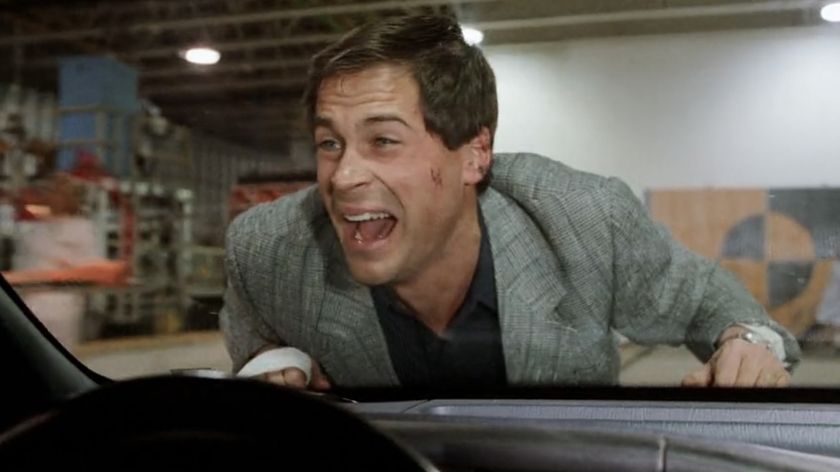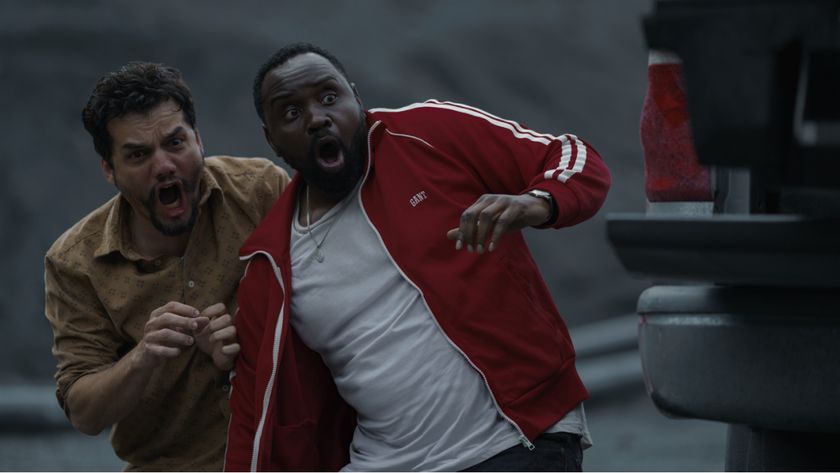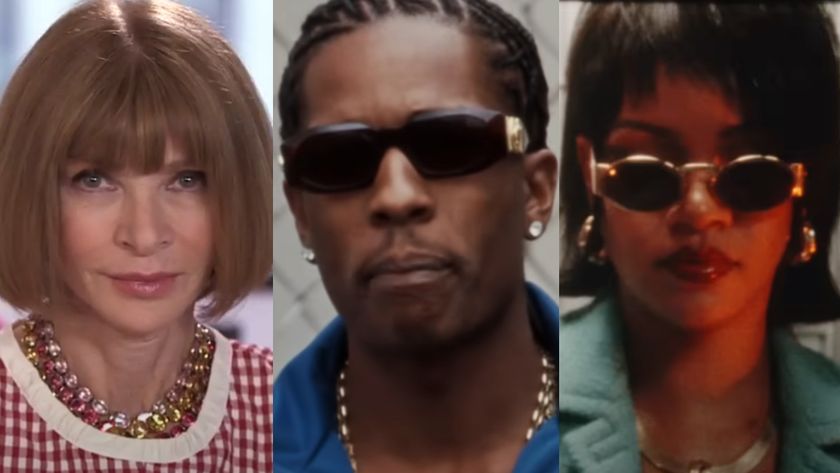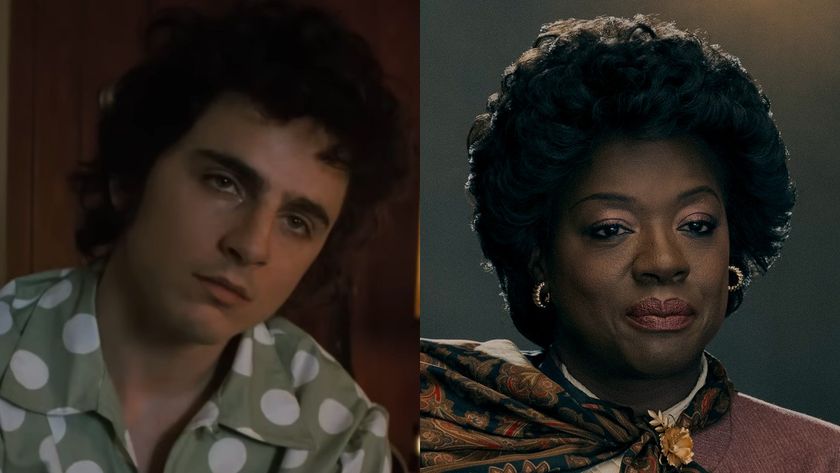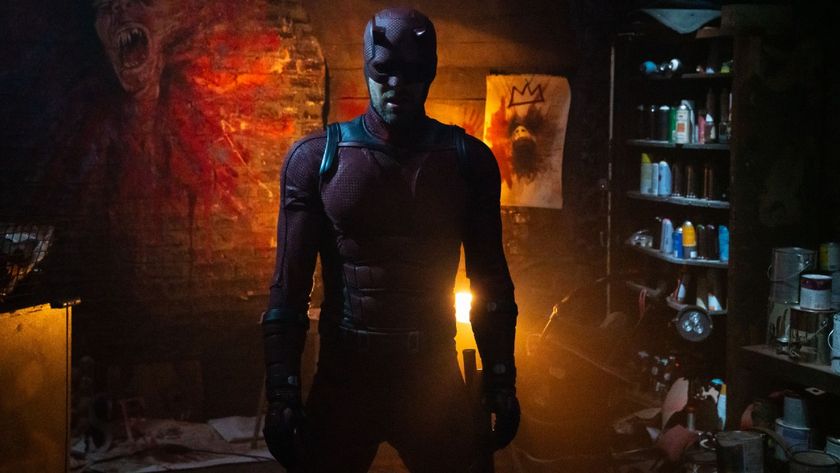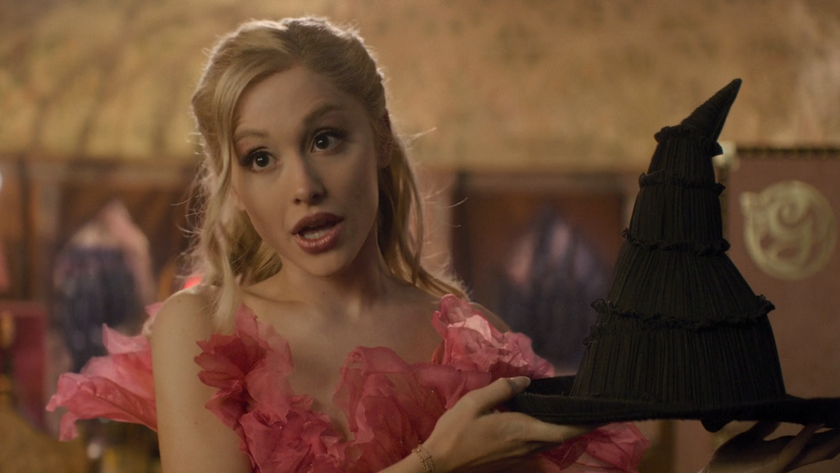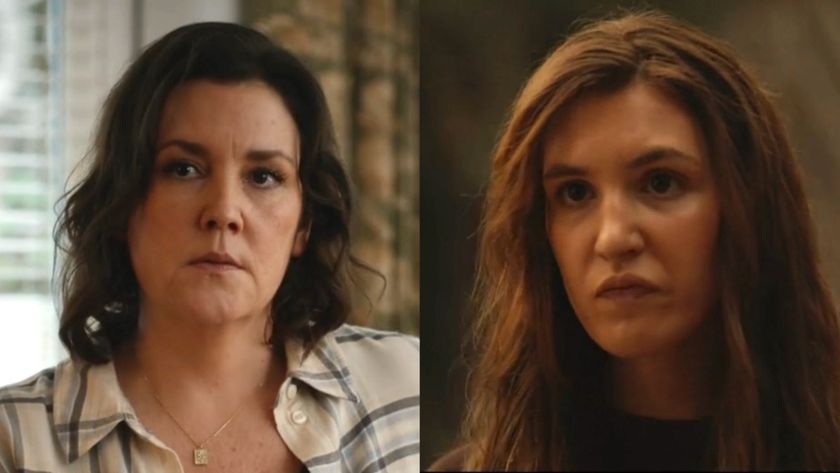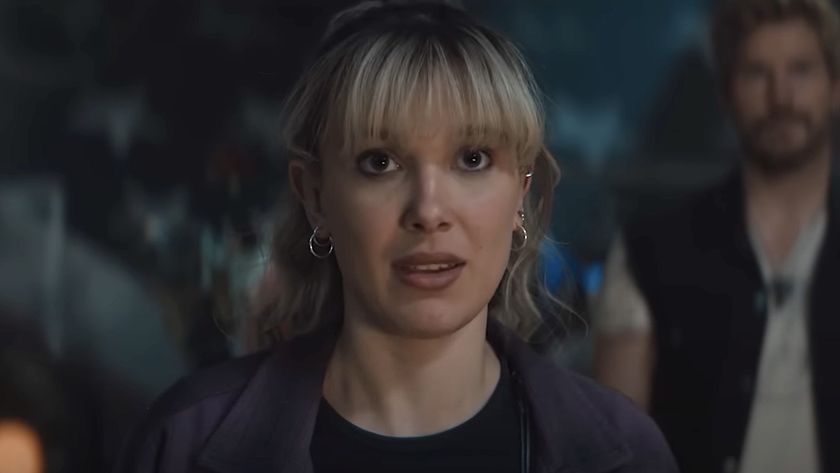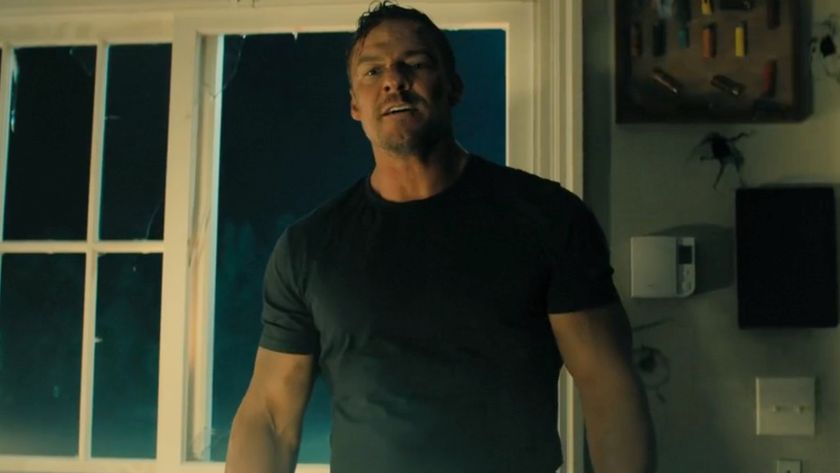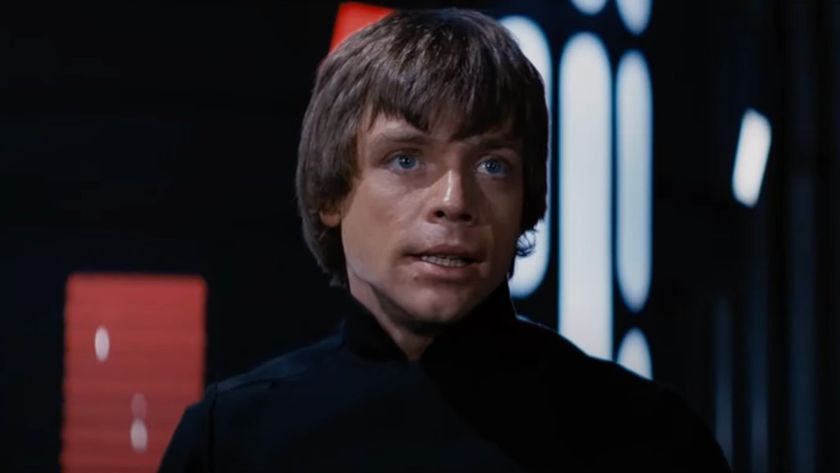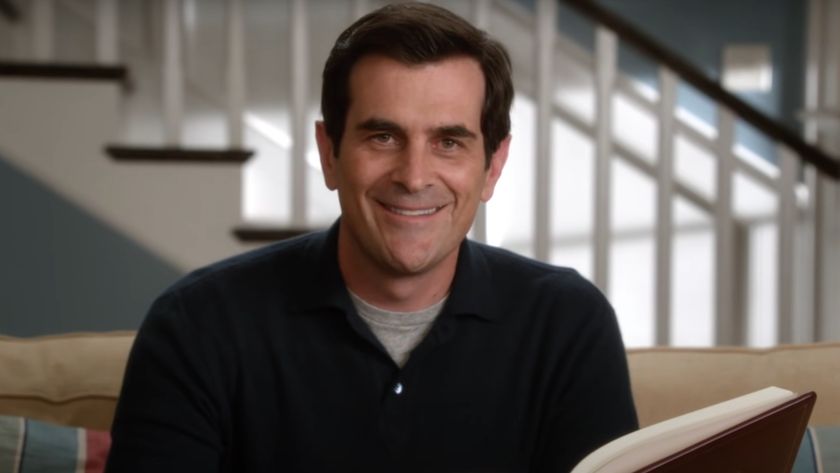Interview: The Kids Are All Right Director Lisa Cholodenko
The director spent over five years on it.
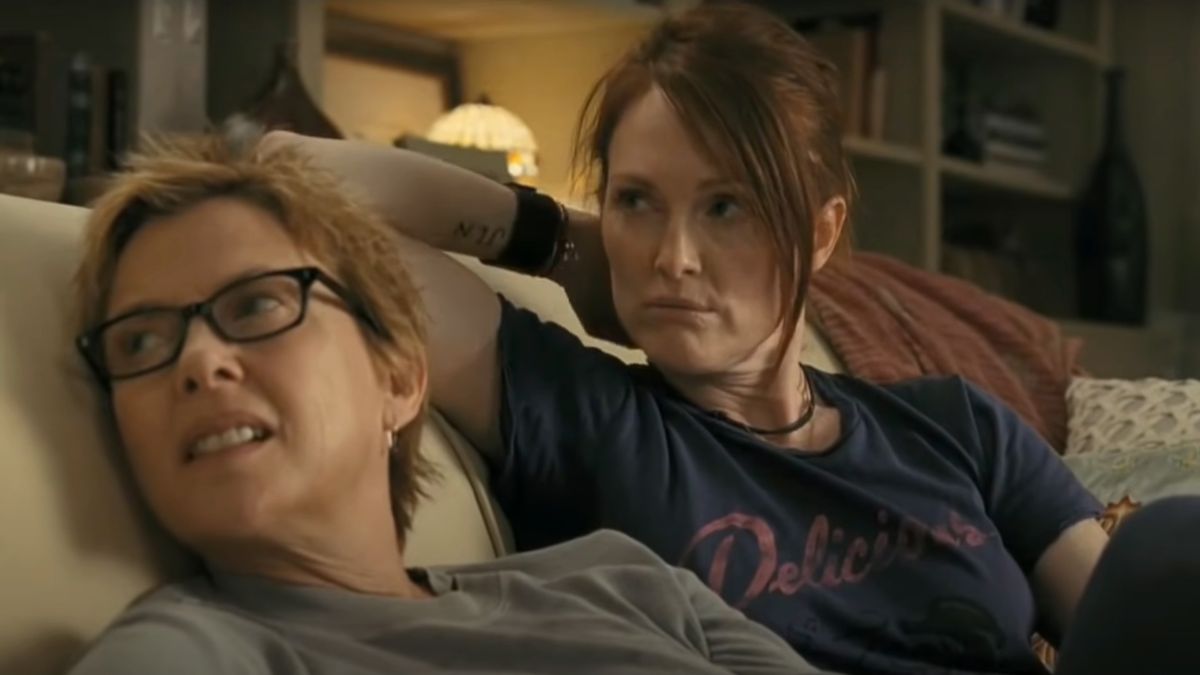
When I saw The Kids Are All Right at Sundance and wrote a a glowing review, I honestly wondered if I would see another film this year that I loved as much. And so far, I haven't. Lisa Cholodenko's comedy/drama about a lesbian couple (Annette Bening and Julianne Moore), the kids they've raised (Mia Wasikowska and Josh Hutcherson) and the sperm donor who made them (Mark Ruffalo) is hilarious and touching and timely and basically everything you could want in a movie, right now to the career-best performances from the entire cast.
And just because Cholodenko was forced by budget constraints to shoot over an incredibly fast 23 days in Los Angeles doesn't mean The Kids Are All Right was rushed. The director spent over five years writing the script along with collaborator Stuart Blumberg, a time in which Cholodenko herself became a mother along with partner Wendy Melvoin. When I talked to her last week Cholodenko said that extended script-writing process was essential to the film's success, no matter how frustrating it was to spend so many years pulling the funding together. I also asked her about the film's deliberately apolitical tone, how she picked out Wasikowska and Hutcherson among the leagues of talented child actors out there, and how she worked with some of the film's more complicated character arcs in the script stage. The Kids Are All Right opens in limited release this Friday; for God's sake, do yourself the favor of seeing it.
I've heard you had to tweak the film since Sundance in order to get an R rating. What did you have to change, and how did that process go?
It just went the way that I guess this always goes. You have to submit it to them, you come back, [they say] 'We're not going to give you an R-rating.' t=They don't tell you in absolute specifics what they don't like. You kind of have to guess. They were judicious in the sense that there was one gay scene and one straight scene, and they had problems with some of the blatant imagery in the boys watching the porn, so I had to figure out how to work around that a little bit. At this point I needed to get the show on the road and get the film to Focus. It bugged me, and obviously I liked it the other way, but there wasn't anything radical. I don't think it disrupted the film. In some way this is a racy and provocative film, [and in] the desire for it to be mainstream. I'm willing to cut back in certain places to make it reach more people.
Did becoming a mother during the writing process of this film change your outlook on the story?
It didn't change the details per se, but I think it changed my affection for the script and for the subject and for the children in the film and for giving everybody their due diligence. I wanted to do right by these characters because I felt like once this film was made and out there that it would be a window into my personal life.
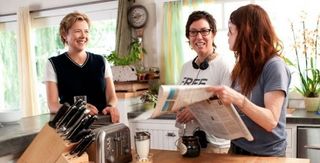
In particularly you've done right by the teenage characters, who are an age that usually isn't depicted well onscreen. How did you work with those particularly?
CINEMABLEND NEWSLETTER
Your Daily Blend of Entertainment News
That stuff was hard. We did spend four and a half years draft after draft and asking different questions of those characters. When you invent things from scratch it's a journey, it's hard. What was great about casting Mia is she brings a persona, an essence to things that I never could have written. There was something synergistic about what was on the page and what she brought herself. I couldn't have anticipated that.
You've said you cast Mia and Josh because you liked their outsider quality. Were you consciously looking for that, or did it just happen as you got into the casting process?
I think it was kind of unconscious. I had been told about Mia. I decided after seeing very little of her to make an offer to her and to have her put herself on tape. I didn't realize she was Australian, and at first I was a little nervous about that. That was compelling to me. She comes fro a world that's totally apart from this LA thing. She's not going to bring any of that stuff to it. I felt like I was going to get a fresh interpretation to this character. Then in a way it happened again with Josh. I didn't know his work, I hadn't seen his films, but I had been told about him and what he had done. He came in and did an audition and I had that sane feeling about him. It turned out he was from Kentucky. He too brought something that felt very unpretentious and organic to his acting and naturalistic. I do feel like it wasn't mediated through that idea of what maybe LA or New York actors would bring.
The film is really deliberately apolitical, particularly about issues around gay marriage or gay parents. At what point did you decide to avoid that side of things?
We were very conscious from the outset--they're not totally Ozzie and Harriet, but this is an every-family. Parents that are together with certain values and hopes and dreams for their kids, certain issues in their own marriage.They're from a certain social economic class--I felt that would be an easier access point for people who would go see it. It was clearly intentional. As we wrote, every time we felt we were moving into anything that was sanctimonious or highlighting their gayness or difference in a way that felt old school, we just cut it. The politic is what's not overt in this film.
How did you decide to name the son Laser? It's such an unusual name.
I named him Laser after this friend that Stuart and I have in LA named Laser. Our friend in LA is named after the Biblical character Eleazer. For the longest time I thought it was a nickname--it sounded very David Bowie to me. Then I found it was a real name. For a minute I thought that is too eccentric and rarefied and we can't [name the character Laser] without explaining it. Then I thought, why do we have to?
You leave some things up in the air at the end of the film regarding a few characters, particularly Paul. How did you come to that conclusion for him?
i twas a long writing process. It wasn't a slam dunk. We knew that our priority was the unity of the family, that we were invested in them as writers, and our hope is that they land on their feet. That being the priority, we thought, "How do we end Paul?" I think we just tried a variety of endings, and it seemed to us given the time and space of a theatrical feature film, any more closure with his character would have seemed disingenuous. While it might be disappointing for some people, I think that it feels true.
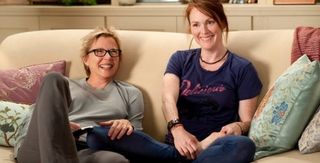
What were some of the other really difficult decisions made during the writing process?
That's one of them, how does this character Paul end, where do we end with the family. How we keep him from being a villain, or saying to our audience this is a bad guy and you're supposed to not root for him? We were really keen to make him accessible, and all the characters do things that are a little of course or circumspect.
Did it surprise you that it took so much work to find funding for this film, or have you been involved in independent film so long that you just expect those struggles at this point?
It's a little bit of both. On the one hand I thought, we've worked this script to the bone. It's ready to go, and we have these awesome actors and they're going to be doing something we've never seen them do before and that's exciting. It doesn't cease to amaze me that I'm always wrong about this stuff. People don't like to take risks on this stuff, and the only comfortable risks seem to want to take is when they see a finished film, like what Focus did. But it's hard to cobble it together. It resulted in shooting 23 days, which is close to impossible, and a lot of other thing that were fairly miserable. But once I was on the set and we had that script, that fell away. I had a lot of joy making this film.
Staff Writer at CinemaBlend

